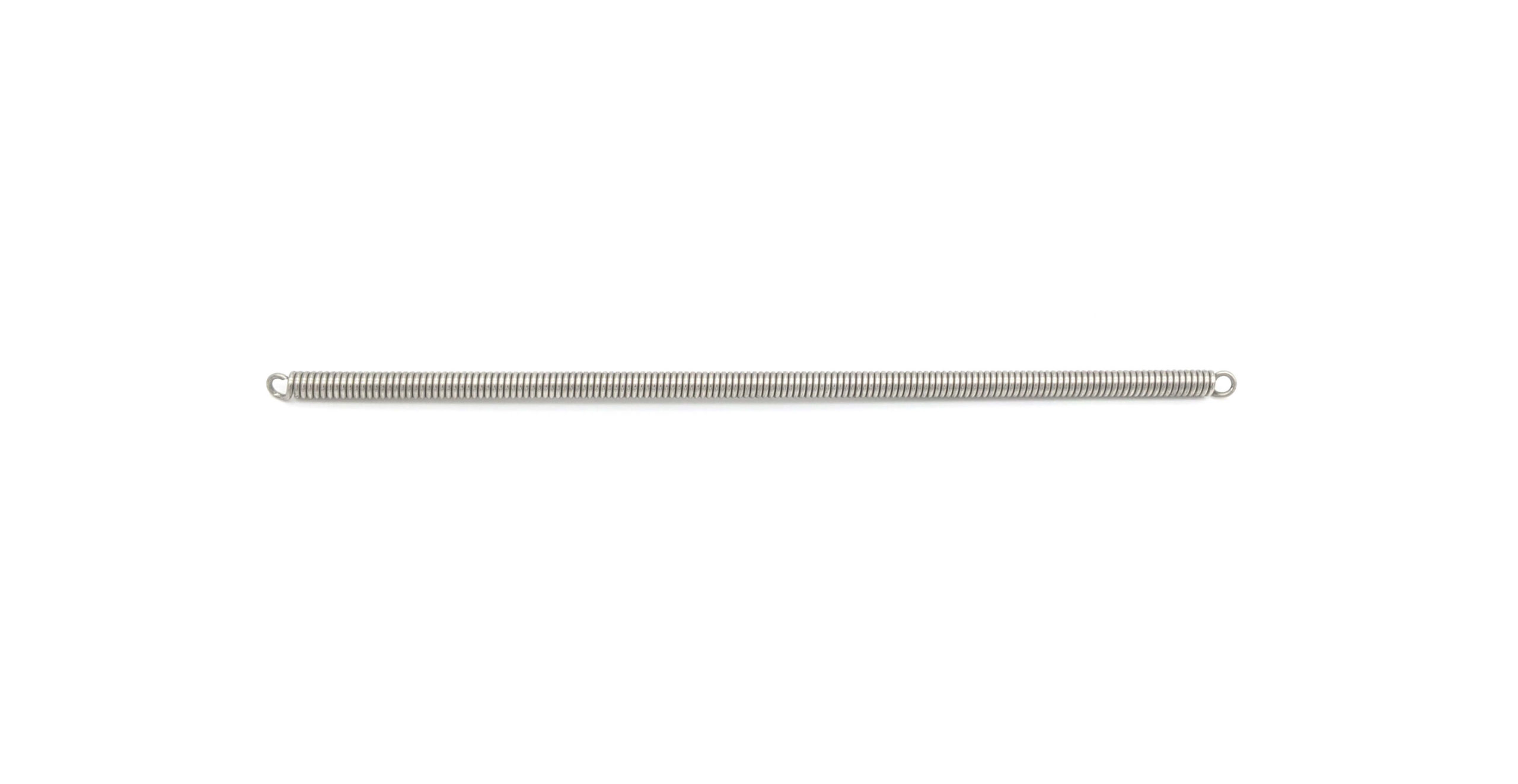Get unique, complex parts easily. No matter your requirements, Chaoyi Spring creates hard-to-produce coil springs and wire forms.
Let us help you create the custom wire form you need, from S-hooks and J-hooks to utility hooks and more.
We work closely with customers across a wide range of industries, helping them design and manufacture made-to-order parts.
Why choose Chaoyi Spring? We prioritize customer-focused collaboration, modern equipment and the latest technology to make your parts per print.
Find the information and guidance you need, from measuring a spring to learning about materials, placing an order and much more.
When it comes to vehicle suspension systems, two popular choices stand out: torsion bars and coil springs. Both offer a range of advantages and disadvantages, and the best choice for


When it comes to vehicle suspension systems, two popular choices stand out: torsion bars and coil springs. Both offer a range of advantages and disadvantages, and the best choice for you will depend on your specific needs and driving preferences. This article dives into the nitty-gritty of these two systems, examining their strengths, weaknesses, and applications. By understanding the key differences, you'll be able to make an informed decision on what's best for your vehicle.

Imagine a sturdy metal rod that twists to absorb bumps and dips in the road. That's essentially how torsion bars work. These long, solid steel bars are mounted horizontally across the vehicle's frame. When a wheel hits a bump, the bar twists, storing the energy. As the wheel comes back down, the bar unwinds, returning the energy and smoothing out the ride.
Torsion bars are known for their simplicity and robust construction. They offer a good balance between ride quality and handling. Here's a breakdown of their key advantages:
While torsion bars have their merits, they also have some drawbacks:
Coil springs are the more common suspension system found in most modern vehicles. They're essentially coiled pieces of metal that compress and extend to absorb bumps. These springs come in various sizes and shapes, designed to match the specific needs of each vehicle.
Coil springs offer a versatile and adjustable solution for various vehicle types. Here's why they're a popular choice:
However, coil springs have their limitations as well:
So, which system reigns supreme? The answer is: it depends. Ultimately, the best choice for you will depend on the type of vehicle you're driving, your driving habits, and your priorities.
Torsion Bars are well-suited for:
Coil Springs are better suited for:
While the basic structure of torsion bars and coil springs differs, they both work in conjunction with other suspension components, like shock absorbers, to deliver a balanced and comfortable ride.
When choosing a suspension system, consider factors like:
By carefully considering these factors, you can make an informed decision about which suspension system is right for you. Ultimately, the goal is to find a system that delivers the ride quality and handling performance you desire.
In the world of suspension systems, there's no one-size-fits-all solution. Torsion bars and coil springs each offer their own set of benefits and drawbacks. By understanding their strengths and weaknesses, you can make a wise choice based on your individual needs and driving preferences. Whether you're seeking durability, handling precision, or ride comfort, there's a suspension system out there to elevate your driving experience.
Browse some of the custom wire forms and springs that we manufacture. Don’t see what you need? We specialize in made-to-order products that meet your application requirements.
Visit Our GalleryNeed a custom wire form or coil spring? We make it work. Fill out the contact form and a representative will respond within 1 business day. If you have a PDF or CAD file, you can submit to request a quote.